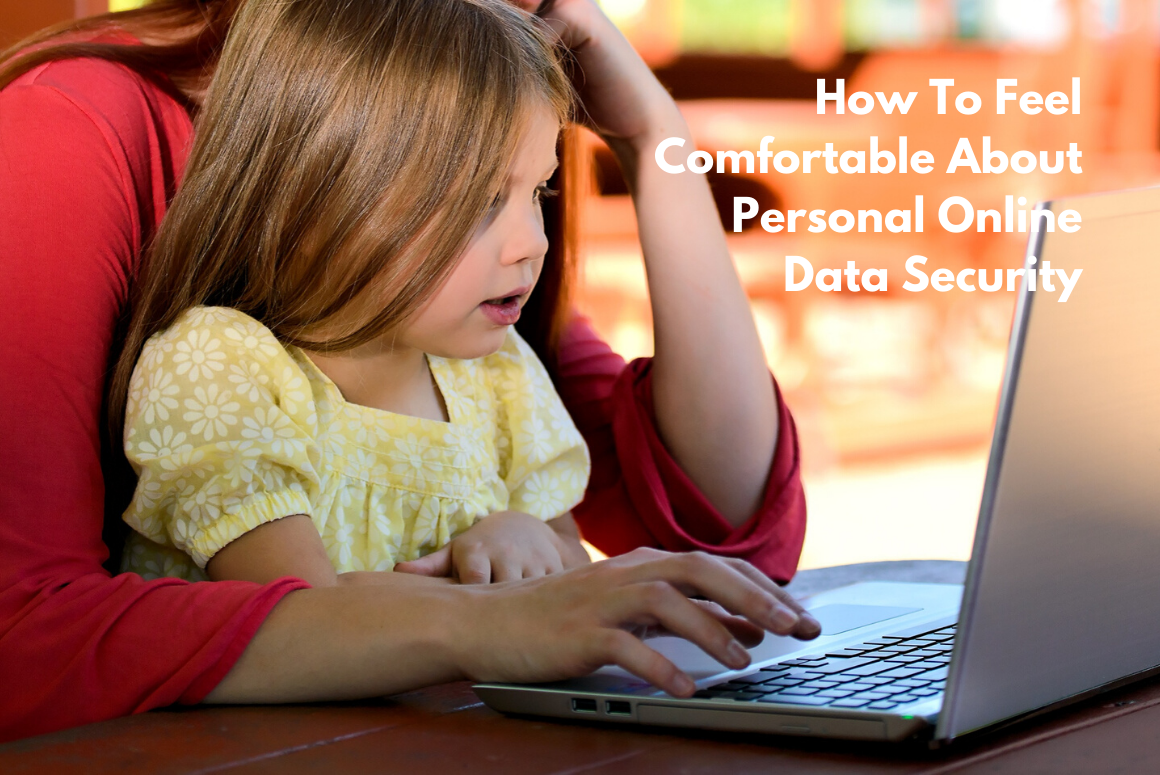 Guest blog by Angela Martin, Reciprocity Marketing
Guest blog by Angela Martin, Reciprocity Marketing
We’re pleased to introduce Angela Martin as our guest blogger today. Angela is a data geek who has always loved numbers (and cats) that fell in love with machine learning while attending Baylor University for a B.S. in Statistics and enjoys long walks through data frames in R or Python.
We’ve all heard the news about local and global companies that have suffered devastating online attacks and put the personal information of millions at risk of exposure. There are other occasions where organizations and sites that we interact with online knowingly infringe on our personal information. Such incidents have led many to mistrust online security systems and hesitate to store their information online. However, there are lots of ways to store information online safely so that you feel comfortable about personal online data security.
Advantages of Storing Your Information Online
The online world is key to so many aspects of our lives, so, while possible, it’s counterproductive to avoid it entirely as you lose out on the many benefits that come with this groundbreaking technology. Storing information online has been proven to be more secure compared to offline storage. As long as you deploy the correct security measures, you will have little to worry about. Let’s first look at the benefits of storing information digitally before we talk about how to protect sensitive online information.
- Information stored online is accessible from any place, allowing you to retrieve it easily. You can place any important document online, including work files, tax records, hospital records, pictures, and chat logs, and access and share this information from anywhere in the world. While this can be a double-edged sword, the ability to access this information remotely can be done securely by following best-practices for data security and following frameworks like PCI DSS or HIPAA that are established by trusted organizations and governing bodies.
- Storing data online improves its safety. Physical storage devices can be stolen or damaged, while paper can be easily destroyed by floods or fires. The primary benefit of off-site storage is that data is preserved if a disaster prevents on-site stored data from being retrieved.
- Digital storage guarantees quick data recovery after a natural disaster or theft. A single natural disaster such as an earthquake, hurricane, or tsunami has the potential to permanently wipe out all information stored in paper, hard drives, or computers. With digital storage, recovery becomes easier. Additionally, storing data online can protect you from outages where products like AWS (Amazon) and Azure (Microsoft) load balance their data centers, so if one data source goes down, there is a redundant system that takes its place to ensure you are always able to retrieve your data.
- Hard drives have a limited capacity, and you can run out of space to store paper. Digital storage is limitless and more efficient, and you can store as much content as you want without worrying about space. Online storage even allows you to organize your information to help you keep track of it.
Online Security is Improving
Although we have a long way to go before we completely secure the digital environment, online security is always improving as companies and individuals adopt tighter security policies and measures. One of the things driving information security improvement is compliance requirements. Different government agencies and compliance bodies now require organizations that have an online presence to adopt robust information security controls. The strict enforcement of these rules has made sure companies handle customer data more responsibly and transparently or risk penalties. As an example, here is ePACT’s Privacy & Security information.
Technology advances also drive online security. There are innovations that help organizations create safe online spaces, allowing individuals to use the internet without fear. Technologies such as tokenization, encryption, cloud computing, blockchain, artificial intelligence, and hardware authentication are radically changing the online security landscape by helping to improve data security. You can now adopt various security technologies to help you predict a weakness in your security measures, detect an intrusion, defend your information, and monitor any risks.
How to Protect Yourself Against a Data Breach
Websites and other online platforms implement strong policies to help guard your data from cybercriminals. However, no solution is bulletproof. To enjoy the benefits that come with the internet without exposing yourself to risks, you need to do your part. This includes adopting a new approach when visiting websites, storing information online, and inputting personal data in any online platform. Putting in place new measures will not only secure your data, but it will also give you peace of mind. Here’s how to protect your personal online data and reduce your worries.
1. Change Your Account Passwords
If you have been feeling uneasy about entering your private information online, leverage strong passwords. Although it sounds like a basic recommendation, a surprisingly large number of people still use weak passwords. A strong password is your first line of defence against hackers and other digital malign actors. Develop a unique and complex password for every site you sign up with and every connected device you use. Use uppercase and lowercase letters, numbers, and symbols, and make sure the password is at least ten characters long. Remember to change the passwords periodically.
2. Encrypt Your Online Data
It’s quite difficult to track and protect all the data we have online. To make sure no one uses it to harm you, use encryption technology. Encryption is a technique used to stop unauthorized people from viewing the contents of your data. Anyone who wants to view the information has to enter a password or code. There are reliable encryption tools that you can use to secure any data that you store on your phone, laptop, or cloud. You can also encrypt your emails, messages, internet traffic, and any file you send over a network. Just remember to keep the encryption keys secure and separate from your data.
3. Update Your Software and Tools Regularly
Apart from investing in strong cybersecurity programs such as antivirus and firewalls, you need to keep them up to date. Outdated software tools and applications are a favourite backdoor for attackers. New software releases have better security features and include patches that plug any loopholes. Make sure you update each piece of software you use, including operating systems, mobile apps, and browsers.
4. Practice Good Digital Hygiene
If you want to be safe when browsing through websites, inputting sensitive data, or making online transactions, then you need to adopt good online hygiene. Audit any site before signing up or making a payment. Only work with sites that have a security certificate, and make sure any online service provider you work with is compliant with the various information security standards. Also, avoid sharing personally identifiable information online, especially over public Wi-Fi networks – keep those networks for simple browsing only.
Using the internet doesn’t have to be a scary experience. By paying attention to your digital habits, verifying the sites you visit, and practicing safe cyber activities, you can enjoy the internet without worrying about exposing your personal information.
Terms and Conditions
All content provided on this blog is for informational purposes only. The owner of this blog makes no representations as to the accuracy or completeness of any information on this site or found by following any link on this site. The owner will not be liable for any errors or omissions in this information nor for the availability of this information. The owner will not be liable for any losses, injuries, or damages from the display or use of this information. This policy is subject to change at any time.

